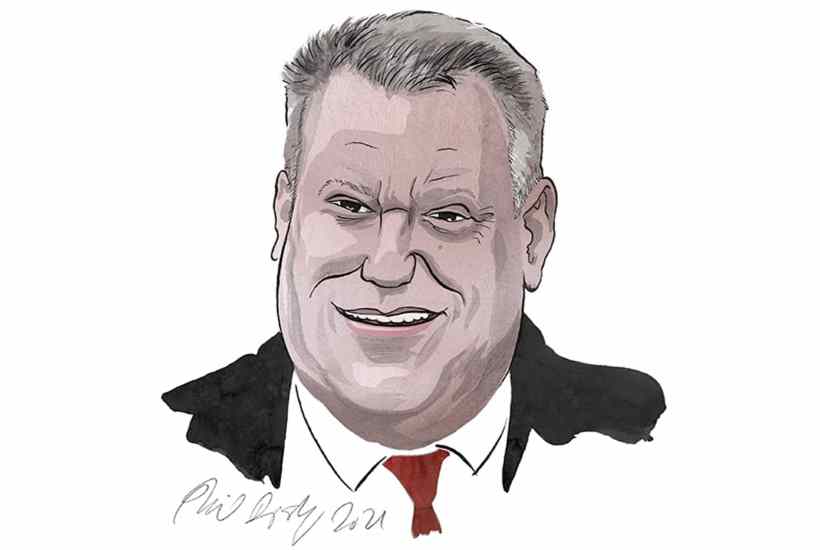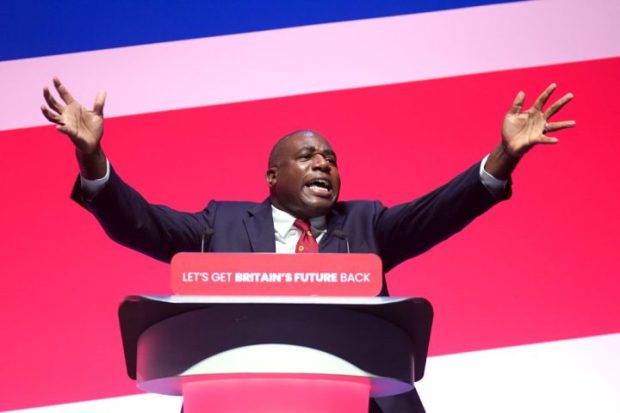Since David Frost quit the government in December over its political direction, he has not said that much about the future of UK-EU affairs. But in the Churchill lecture at the University of Zurich tonight, he sets out a potential new basis for relations. His tone is warm and marks a deliberate attempt to move on from the scratchy relations of the last few years: he argues that there is a ‘need to recognise that the EU is a natural ally of the United Kingdom, and that we should seek – as sovereign equals – ways to cooperate and work together more.’
Frost suggests that the UK takes the threat of invoking Article 16 off the table in exchange for the EU accepting that there needs to be a fundamental renegotiation of the protocol. As part of this shift in relations, Frost suggests two others changes. The first is a youth mobility agreement with the EU, he says, and the British side has been ‘too purist’ in rejecting this. The second is a way for the UK and the EU to cooperate on foreign and defence policy. Frost is sympathetic to the idea of a European Security Council, an idea originally proposed by Emmanuel Macron, as a way for the UK and the EU to work together better.
Having outlined what he would like to see as the new arrangement, Frost then sets out what he sees as the consequences of a failure to reach an agreement on the protocol. He thinks this would lead to the innovation of Article 16 and the UK government urging the Northern Ireland assembly to vote down the protocol in the 2024 consent vote. He also thinks the UK should in these circumstances invoke the rebalancing clause which would ‘once again raise the spectre of us trading globally on something closer to WTO terms’.
In terms of the Ukraine situation, Frost floats the idea of a ‘League of the West’ which ‘can bring together the wider West, not just Europe and N America but also our friends in Asia, the Middle East, and Africa.’ It is an interesting idea, and there is merit in something broader than the G7 which can act as a forum for those countries which most support the rules-based international order – in other words, Nato members and those states that have joined the sanctions against Russia such as Japan, South Korea, Australia, New Zealand and Singapore.
Frost’s speech is a sign that there is currently an opportunity to put UK-EU relations on a better footing, to get past the tensions of the past few years. This would be good for both sides and for the West more broadly. Getting there, though, will require creative thinking on both sides to solve the problems of the Northern Ireland protocol.
Got something to add? Join the discussion and comment below.
Get 10 issues for just $10
Subscribe to The Spectator Australia today for the next 10 magazine issues, plus full online access, for just $10.




















Comments
Don't miss out
Join the conversation with other Spectator Australia readers. Subscribe to leave a comment.
SUBSCRIBEAlready a subscriber? Log in